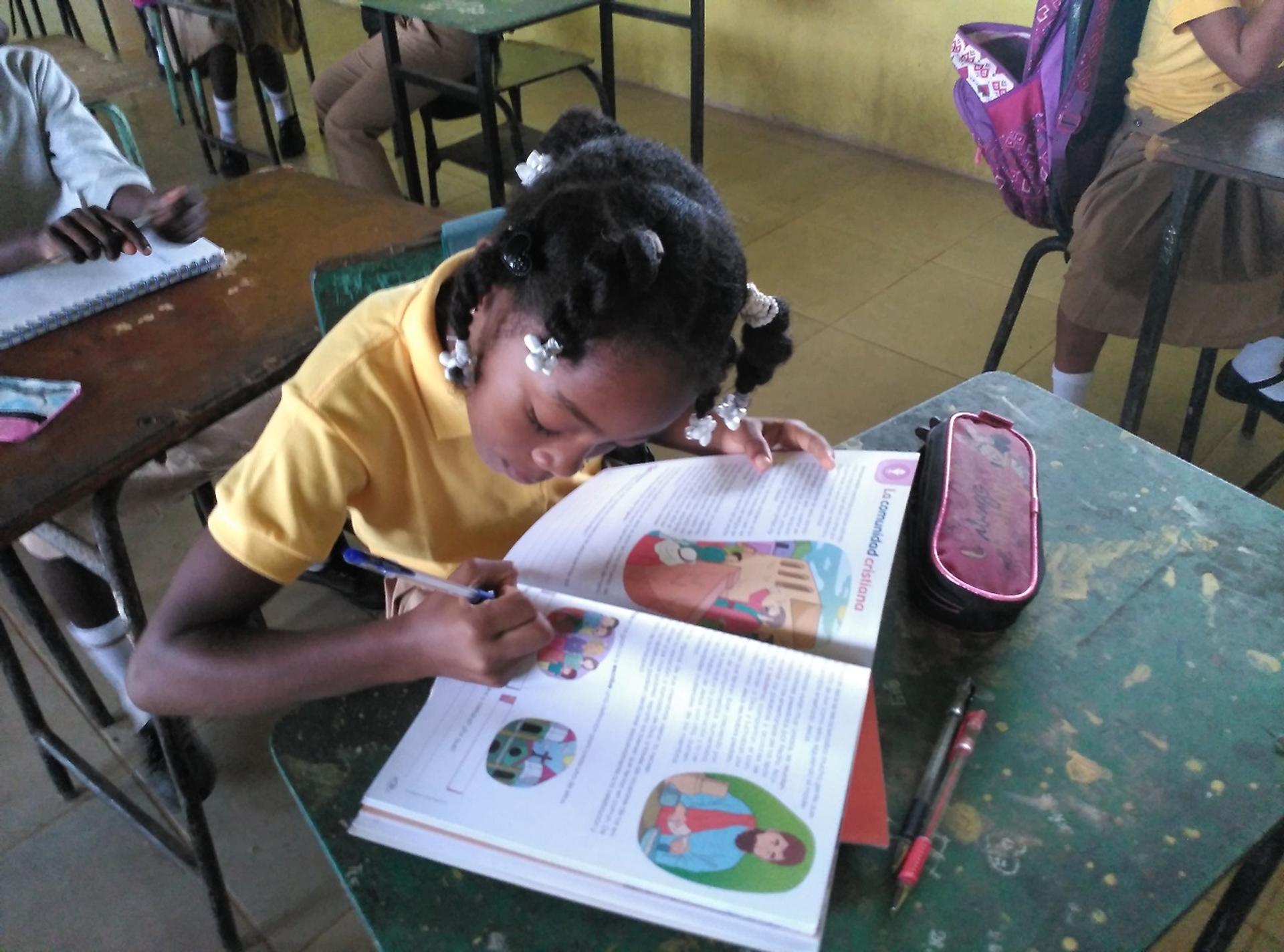EC 08 - SUPPORT FOR A SCHOOL IN S. MARIA DE LOS CAYAPAS


Project Location
This project takes place in the north of Ecuador in Santa Maria de los Cayapas, a village which is part of Esmeraldas Province. S. Maria is located in the middle of the rainforest, there are no trafficable roads; to reach the place one has to travel for three hours in large canoes along the Cayapas River, and afterwards continue by land for another 50 km (about 30 miles). The population living there is Afro-descendant or belongs to the local ethnic group, the Chachi.
For many years in the past Esmeraldas Province has been ignored by development programs, and it is still one of the most needy provinces. The local people are disadvantaged with respect to other cultures; they are facing a situation of injustice and discrimination that keeps them in poverty since they have to rely on marginal occupations and subsistence agriculture. They have poor access to education and health care. Social exclusion based on ethnic and cultural conditions regularly generates enormous frustration in people; it leads to a loss of self-esteem and provoques a sense of resentment which results in increased violence, in family and social disintegration and exacerbates regional and national underdevelopment.
The Apostolic Vicariate of Esmeraldas (VAE) took the initiative a few years ago by launching a holistic program of technical-missionary education with the slogan "Builders of peace and development". The general objective is to provide young people with an integral human formation and to encourage all schools to upgrade, in particular those offering technical and professional preparation. The school of S. Maria de los Cayapas includes primary and secondary education as well as technical formation with a focus on agriculture. The school is run by the Comboni Missionary Sisters who work with a team of local lay teachers. It is the most isolated educational institution in the Vicariate, it receives a subsidy from the government to cover the costs of salaries which, however, has been removed. The school has also to attend to all ancillary expenses such as maintenance, transport, teaching materials, construction work and purchases are borne by the school itself. People contribute through school fees which, however, do not cover all the costs.

Project description
Currently the school is attended by 256 students aged 5 to 18, belonging to the two ethnic groups, Afro-descendants and Chachi. The students come from exclusively peasant families who live on subsistence economy thanks to the land they possess in an ancestral way and of which they do not own a legal title. We ask all families for a small contribution to cover the expenses of the school, but we realize that the children of workers, especially those with large families, are struggling to bear the entire costs and also fail to cover the expenses of the school materials (books, notebooks, pens, etc.). However, no children are ever sent away; it is unthinkable to do so: nobody can be sent away just because his or her parents do not have enough money! For this reason, the project aims to provide school supplies and necessary books to the poorest students, ensuring equal opportunities in access to educational resources.
In our Institute we have two specialties: agronomy and informatics. Ensuring that learning conditions are optimal means ensuring that training is of quality and that young people who graduate can work and train in the territory without having to emigrate to the cities in search of work with the risk of falling into drug-related criminal groups or being victims of human trafficking.
For this reason, we would like to offer university scholarships to six students who have completed secondary school and would like to continue their studies. By offering them the opportunity to continue their education, they will be able to become responsible individuals, capable of contributing to the development of their communities and acting as agents of change. Technical and vocational training will ensure a concrete commitment to the social and economic progress of the region.
Objectives
- Improved technical learning of students thanks to optimized time for specialized practices.
- Increased access to quality educational materials.
- Support for students who want to continue with their university studies
Beneficiaries
Direct: 256 students from the school and 6 students receiving scholarships
Indirect: their families; society as a whole
Referent sister: Sr María José Carrero Viñas
Project's costs
